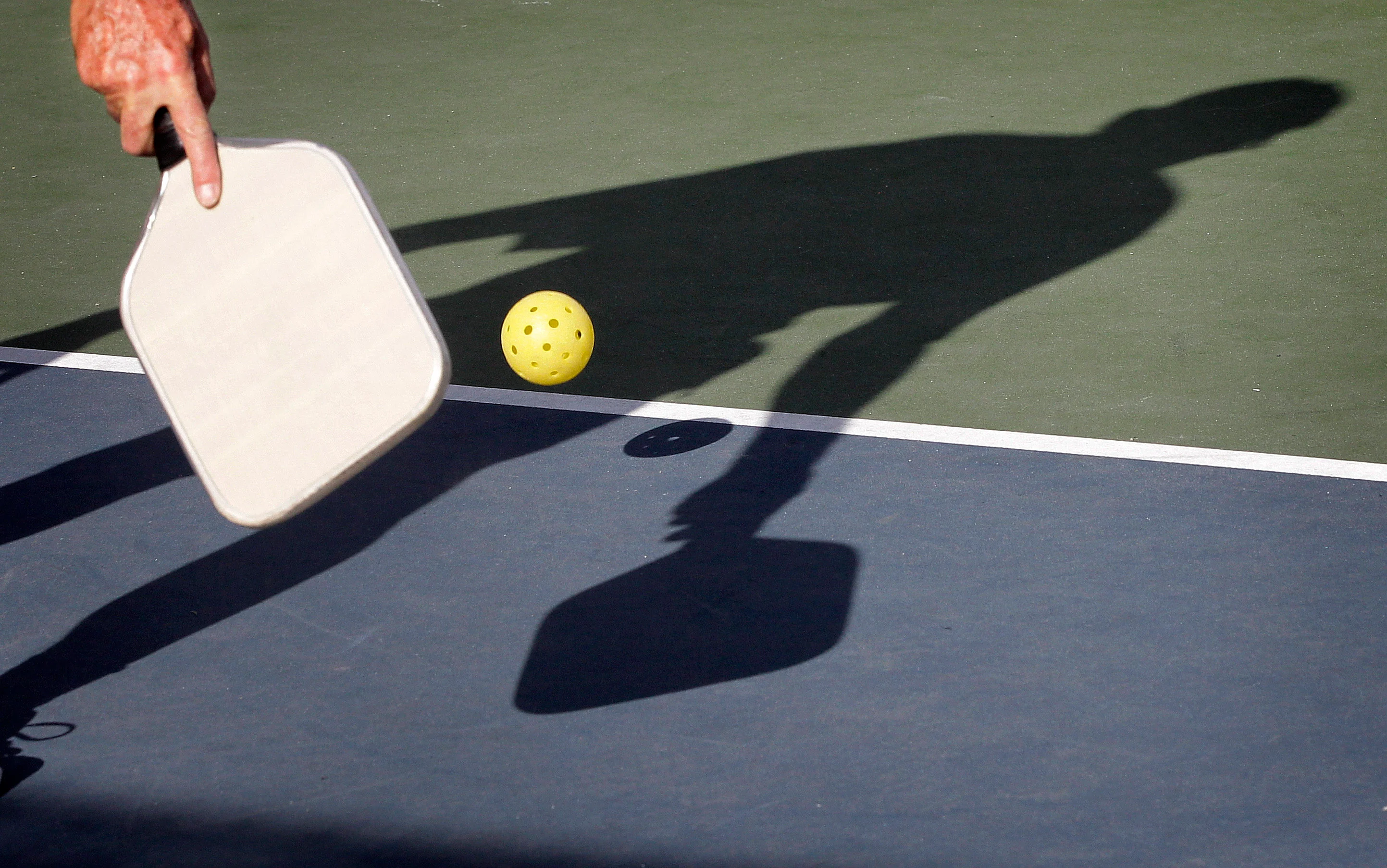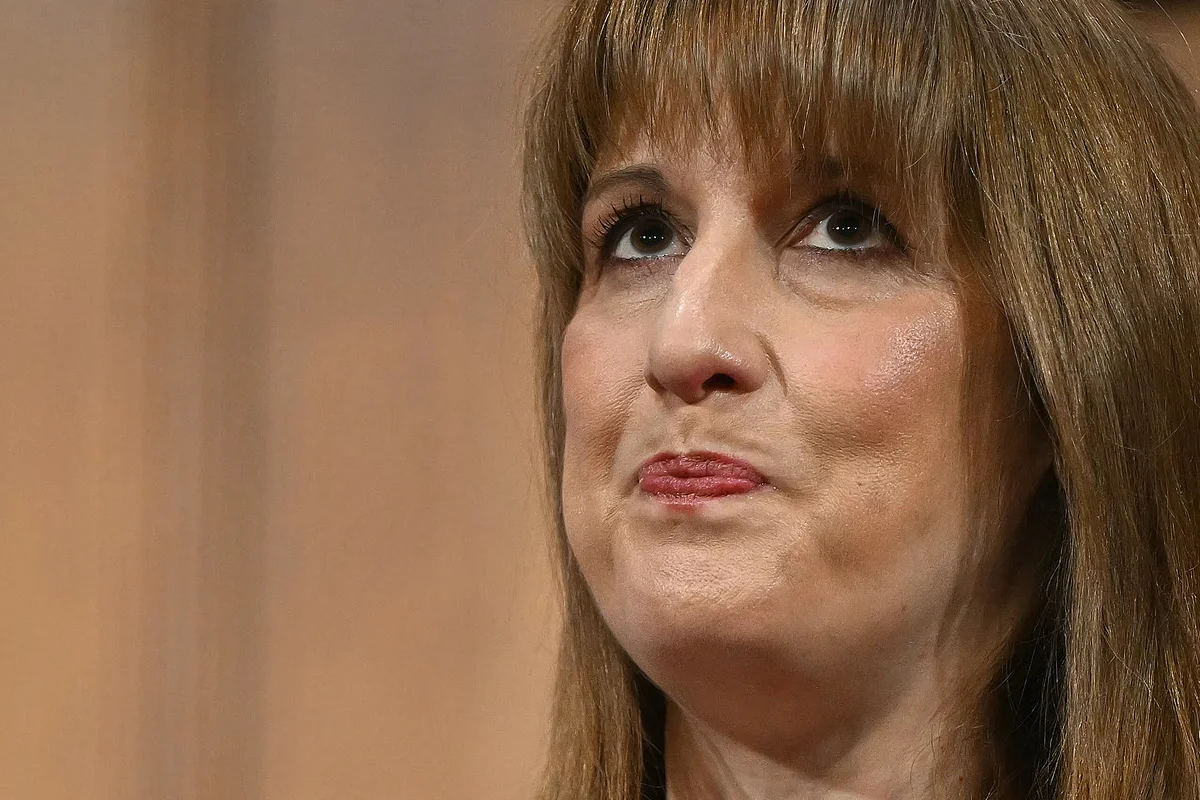Copyright scmp

Under the floodlights of a street football pitch dotted with cement-covered potholes, 69-year-old retiree Lilian Sek beams as she whacks a hollow orange plastic ball through the night sky in the southern neighbourhood of Telok Blangah in Singapore. Behind her, a laminated sign on the back of the court reads “Please lower your volume” and reminds players of the quiet hours between 10.30pm and 7am for those living in the public housing flats that overlook the court. Sek, a former administrative officer, and her neighbours have gathered nearly every Saturday evening for about a year to play pickleball – a fast-growing paddle sport that blends elements of tennis, badminton and table tennis. “I saw my neighbour playing and thought it was interesting, so one day she told me to join, and I like that it’s easy to learn. I haven’t even needed to go for any training, I only just watch people play and follow,” Sek said. “It’s easy for me because I played volleyball and badminton last time.” For Sek and her neighbours, the court has become more than a place to exercise – it is a social anchor. “I didn’t know them before, but now we have a WhatsApp chat and people invite their friends to come along too.” The court they play on is part of a public housing estate and open to all without booking. Sek says she would prefer to play more often at designated pickleball courts in government-run sports facilities, but slots are hard to come by. According to government-funded broadsheet The Straits Times, there are now more than 5,000 active players in Singapore. Bookings at 30 public courts have more than tripled since 2023, data from Sport Singapore (SportSG) showed. As the sport’s popularity soars across age groups, its rapid spread is straining Singapore’s limited urban space – and residents’ patience. With demand far outstripping the supply of courts, players are turning to improvised venues in housing estates, prompting a surge in noise complaints. Authorities and private operators are now scrambling to balance the game’s community appeal with the challenges of a densely packed city. This Week in Asia has contacted SportSG for comment on the surge of pickleball’s popularity and the shortage of courts. Growing pains Between January 2024 and August this year, the Municipal Services Office received 701 complaints about noise arising from pickleball being played in housing estates, Minister for National Development Chee Hong Tat said in September. One resident who lodged a complaint with his town council over pickleball noise told This Week in Asia that the sport was “inherently noisy” in light of the sharp staccato noise from the plastic ball striking the paddle. “It’s not suitable to be played so close to people’s homes. It should be banned,” said the retired warehouse manager, who wanted to be known only by his surname, Toh. The 71-year-old, who lives alone in the Tiong Bahru public housing estate in central Singapore, said shouts from players could be heard from 20 floors up and disrupted the peace of his once-quiet neighbourhood. Amid the noise complaints from residents, public and private entities are moving to build more pickleball courts. Last month, Singapore Sports Hub announced a partnership with the Oversea-Chinese Banking Corporation Group to launch a pickleball programme that will see the commissioning of eight new outdoor pickleball courts from January next year. The projects encompass two junior tennis courts and three basketball courts that will be modified as dual-use courts for either pickleball, tennis or basketball. Another eight pickleball courts were also being retrofitted at the Little India bus terminal, with the facility expected to be ready by early 2026, said local MP Alvin Tan in an Instagram post last month. Meanwhile, in Jurong, 10 new privately run pickleball courts were built in a field and opened to the public in September. Terence Lim, who co-founded the Straits Pickle Club that uses three of these courts, told This Week in Asia that the decision to start the club was driven by the overwhelming pent-up demand for quality pickleball courts in Singapore. “We saw a huge surge in interest, but the supply of quality, dedicated courts simply wasn’t keeping up. Players were struggling with court scarcity, often resorting to unsuitable venues like outdoor badminton courts or slippery indoor parquet floors. Notably, very few existing courts are truly competition-grade,” said Lim, noting the high demand for classes and open play sessions. He added that the courts had been installed with sound baffles to reduce the noise and play time was restricted to 8am and 10pm. However, local citizen journalism site Stomp quoted a Jurong resident as saying that the current soundproofing insulation cover “barely works” and that he could still hear sharp “pok-pok” sounds after closing his windows and doors. Regional appeal Singapore is not alone in riding the pickleball wave. The sport has rapidly taken off across Southeast Asia, driven by a mix of urban constraints, accessibility and a strong regional culture in racquet sports. “By August 2024 the growth curve steepened significantly,” Tito Machado, CEO of global pickleball player rating platform DUPR, told This Week in Asia. “It’s been one of the fastest-growing regions in our global network, driven largely by the enthusiasm of new clubs and communities embracing the sport.” Malaysia saw a 59 per cent jump in players over one 90-day period, according to DUPR, while Vietnam recorded a 30 per cent increase. Machado said that the cost efficiency of pickleball and the ease of picking up the sport was fuelling its popularity across the region, alongside a lack of space in cities where land is limited and Southeast Asia’s deep-rooted culture in racquet sports like badminton, table tennis and tennis. Lim of Straits Pickle Club said the sport’s “incredibly low barrier to entry” made it “instantly fun and rewarding for new players”. Spectator interest is growing too. The 2025 PPA Tour Asia drew nearly 37,000 fans and almost 60 million online views across six events in Malaysia, Hong Kong and Vietnam, according to Kimberly Koh, managing director of the United Pickleball Association Asia. “Asia’s growth is definitely a game changer for pickleball globally,” Koh said. “It introduces new styles of play, creates compelling cross-continental rivalries and dramatically expands the sport’s global audience and commercial appeal.” Singapore is capitalising on the international appeal by hosting the first Epic World Championship next year. The four-day tournament for amateur players has guaranteed prize money of at least US$50,000. More than 1,000 players are expected to compete at the event that will be held from April 30 to May 3 at the Kallang Tennis Hub, with the Singapore Sports Hub as the official venue partner. It will be the first time that the Singapore Tourism Board has officially supported an international pickleball competition. Melissa Ow, CEO of the tourism board, said it looked forward to witnessing the excitement this “fast-growing sport” would bring to Singapore. “Epic supports our commitment to creating distinctive and memorable experiences for both visitors and locals, while strengthening Singapore’s reputation as a premier sporting destination,” Ow said.



